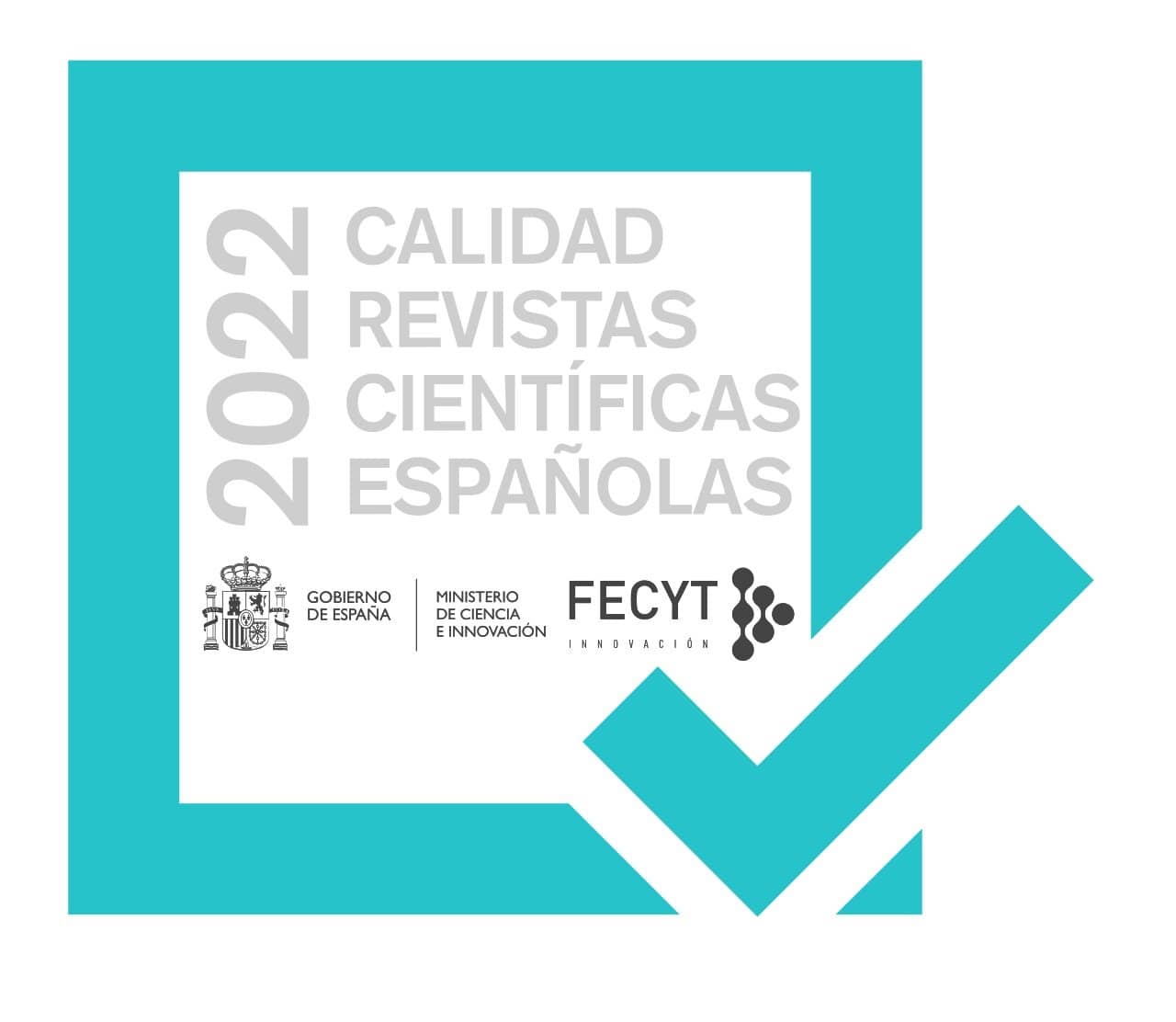Corrective Feedback in L2 Writing: Theoretical Perspectives, Empirical Insights, and Future Directions
Abstract
The role of (written) corrective feedback (CF) in the process of acquiring a second language (L2) has been an issue of considerable controversy among theorists and researchers alike. Although CF is a widely applied pedagogical tool and its use finds support in SLA theory, practical and theoretical objections to its usefulness have been raised (e.g. Truscott, 1996; 1999; 2004; 2007; 2009). In the present paper, I start by summarizing the theoretical arguments underpinning the use of CF in L2 classrooms. Subsequently, the objections raised against error correction are reviewed, and some controversies concerning different CF methodologies and error types are discussed. Next, the paper provides a critical summary of the findings produced by empirical work to date, and sketches out some of the issues that need to be attended to in future research. Based on the available empirical evidence, I conclude that, by offering learners opportunities to notice the gaps in their developing L2 systems, test interlanguage hypotheses, and engage in metalinguistic reflection, written CF has the ability to foster SLA and to lead to accuracy development.Downloads
The works published in this journal are subject to the following terms:
1. The Publications Services at the University of Murcia (the publisher) retains the property rights (copyright) of published works, and encourages and enables the reuse of the same under the license specified in item 2.
2. The works are published in the electronic edition of the magazine under a Creative Commons Attribution Non-commercial Share Alike 4.0.
3.Conditions of self-archiving. Authors are encouraged to disseminate pre-print (draft papers prior to being assessed) and/or post-print versions (those reviewed and accepted for publication) of their papers before publication, because it encourages distribution earlier and thus leads to a possible increase in citations and circulation among the academic community.
RoMEO color: green








